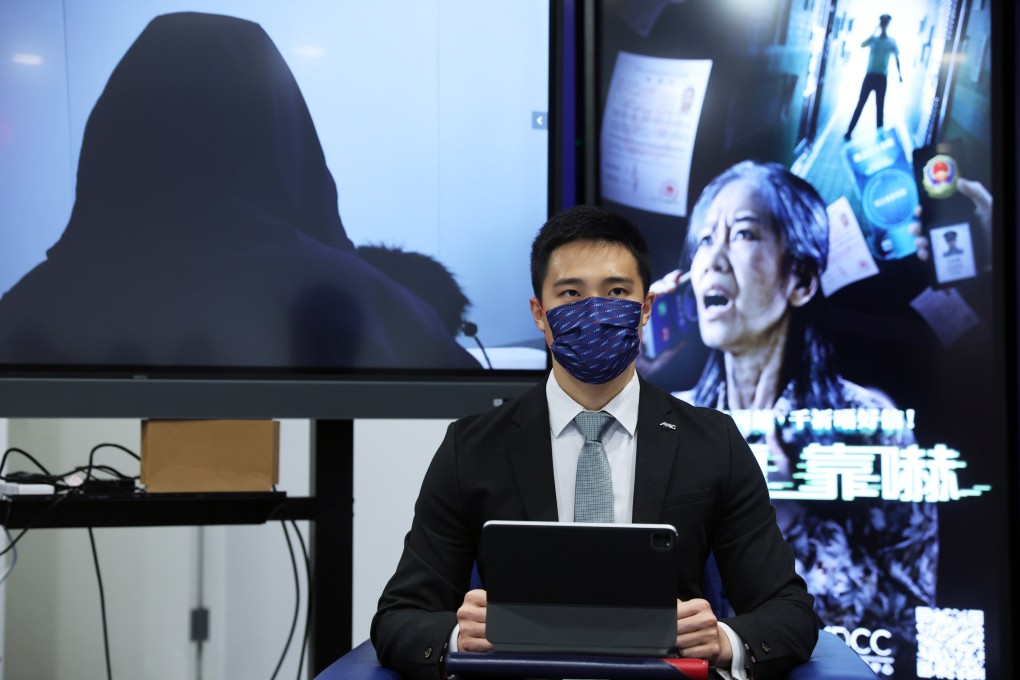Opinion | Surge of online scams in Hong Kong calls for practical prevention. Raising public awareness is not enough
- Let’s not make it so cheap or easy for scammers to operate. Start by installing scam filters and raise the cost of mass messaging
- Also, hold service providers responsible and quickly spread the word when a new scam is spotted

Internet scams are easy to set up. Recently, someone impersonated me, emailing my colleagues at the Hong Kong University of Science and Technology to ask for their WhatsApp phone numbers “for easier communication”. While many knew it was a scam, some fell for it and sent their numbers.
A cursory look at the email should have raised red flags – the sender’s email address has no connection to my name or affiliated organisation. Yet for just one or two people to respond to the scam would probably have made the endeavour profitable.
And that is a general feature of online scams – the extreme economies of scale. Often, all scammers have to do is to write a fake message and press a few buttons to send out mass emails or instant messages. The cost of scamming each additional victim is negligible, which means attackers can easily target thousands of people at one go. All they need is an email or phone list, and to subscribe to an automatic message dispatching service.
Such is the business model for online scams, allowing them to be profitable even when just a tiny fraction of careless people respond.

